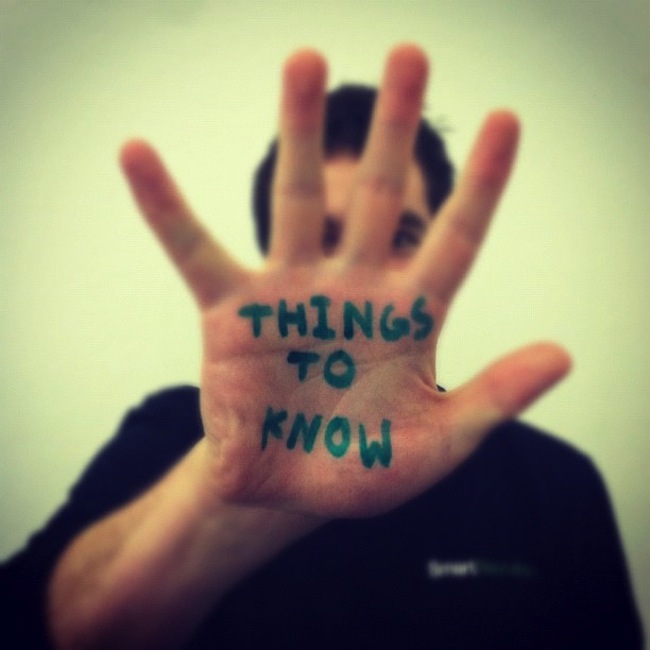As an HR professional, I can tell that there are many things that we do on a day to day basis. Most of the time it really depends on what hits the desk but we’re going to approach this from a slightly different angle. We are breaking down the 5 things that really SMART HR people do.
Let’s go!
1. Start from the bottom: Not so much in career path but in analysis of problems. Often times an organization’s problems arise because someone dropped the ball or mishandled a situation and it goes on and on. It just gets worse and no one wants to take responsibility or time to get to bottom of it. The problem gets bigger and bigger until it comes to ahead and then there’s either a gigantic loss or major embarrassment – sometimes both. These things happen in HR departments too; making a bad hire, worker’s comp claims go unfiled, FMLA goes uninvestigated, employee abuse goes unnoticed and productivity slips. Smart HR folks get down and dirty, they uncover the problems and face them head on, before they become bigger issues and part of organizational culture. Bad habits are integrated quickly into workforce DNA and that’s why smart HR nips that mess in the bud!
2. Stay Connected: HR – human resources – human capital management; by definition we manage the human assets of the organization. And the human assets are the most important and also the most volatile pieces of the company. It is critical that HR stays connected and informed to people both internally and externally. HR professionals understand why it’s important to connect with and engage the employees and other business professionals. It’s all about building relationships and problem solving. By connecting with others you get a unique perspective on the problems and also resolutions to those problems. Also HR professional understand it’s important to connect with other colleagues through networking and professional development associations – I’m looking at you SHRM!
3. Ask What’s Next: There’s this great Lexus commercial where the narrator says “Awards and trophies can hold you up but they can also hold you back, unless you ask the question, ‘What’s Next?’” (think about it) HR professionals must always ask “What’s Next? What’s next with technology? What’s next with employee relations? What’s next with talent acquisition? What’s next with the candidate experience? What’s next with communication? What’s next with social networking? What’s next in worklife balance benefits? You’ve got it right?” In HR once you’ve think you’ve seen it all or done it all – BAM! There’s something else. Even when things are going well, we wonder, can it be better?
4. Humanize: Recently, SmartRecruiters published an article titled “H.U.M.A.N. in Human Resources” and the “H” stands for humanize. Humanizing is the process of integrating empathy and sympathy in the employee performance process. Everyone has obstacles to overcome and challenges that they must force. Basically things happen and we must understand and offer support to those employees that need it the most. Yes it’s true, SOME people are messy and will try to take advantage of you but mostly people are decent and just need support. Humanizing can be as simple as taking time to interact and collaborate with employees to really understand what they are dealing with on a daily basis. Humanizing can be creating a policy to drive engagement and boost morale. Show some compassion for your employees, it will pay-off.
5. Know Their Stuff: Smart HR pros don’t rely on “gut feelings” and “common sense” they use HR principles; the compliance laws Title 7, ADA, FMLA, EEO, FSLA; they connect all processes back to the mission and vision statements. If you want to be the best then hire the best. If you want to find a niche market – they recruit, promote and produce for that niche. They create compensation and benefit strategies to acquire the type of workers that best fit. Smart HR knows where to go to find the answers or who to talk to get those answers, because being smart does not necessarily mean knowing it all – you’ve got to be resourceful too.
 Chris Fields is an HR professional and leadership guy who blogs and dispenses great (not just good) advice at Cost of Work. Connect with Chris via email at [email protected].
Chris Fields is an HR professional and leadership guy who blogs and dispenses great (not just good) advice at Cost of Work. Connect with Chris via email at [email protected].






